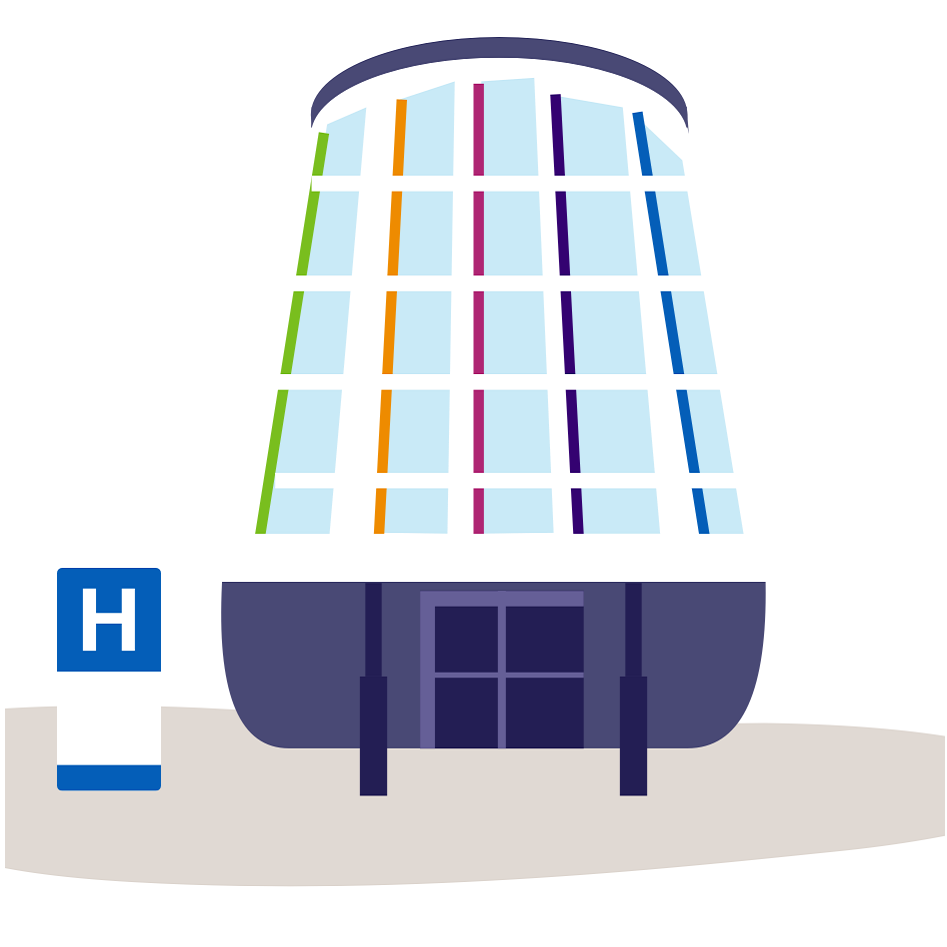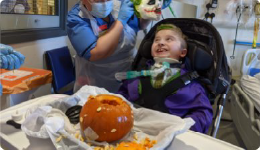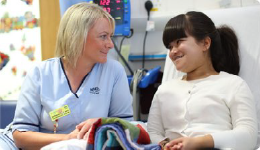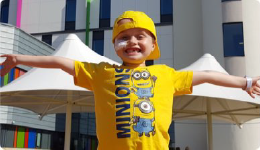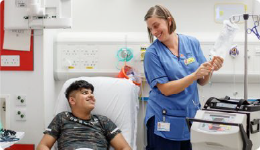For patients on HAEMODIALYSIS – a study testing a drug used in adults to treat the severe itch that can affect some patients with kidney failure. This study is looking to see if the same drug also works well in children, and whether there are any side-effects.
For patients on HAEMODIALYSIS – a study testing a drug used in adults to help treat the bone disease that is caused by kidney failure. This study is looking to see if a drug can be given at the time of dialysis to help improve bone hormone levels.
For patients with a TRANSPLANT – a study testing a new vaccine against shingles, already given to adult patients. This study is looking to see if the vaccine works in children, and whether the side-effects are the same in adults and children.
For patients with NEPHROTIC SYNDROME – studies looking at new drugs that can help reduce the protein leak when steroids aren’t working. There are two studies with two different drugs, to see if these medicines work as well as they do in adult patients. (The EPPIK study and the FIONA study)
For patients with HIGH POTASSIUM - a study to see if a new medicine can bring potassium levels down back to normal. This study is testing a medicine already used in adult patients, to see if the medicine works well in children.
For patients with CHRONIC KIDNEY DISEASE and ANEMIA – a study to see if a new tablet (used in adults) is effective in children for treating anemia, instead of an injection.
For patients with CHRONIC KIDNEY DISEASE –a study to see if a new type of medication (called SGLT2 inihibitors) now being used in lots of adults to slow down progression of their kidney disease, also works in children and young people – the EMPAKIDney trial
For patients with CHRONIC KIDNEY DISEASE – a study to see if the level of physical activity has any effect on the emotional wellbeing of patients with CKD
For patients with a TRANSPLANT – BEAMKids is a study looking to see if having access to an online exercise portal aimed at children and young people is effective in improving physical activity after transplant.
For patients about to have a TRANSPLANT – the LIMITS study is looking at the amount of fluid that patients get in the first couple of days after their transplant, to try to work out the best amount for them.
For patients with DRAINAGE PROBLEMS – the REOLUT study is looking at genetic samples from children and their parents to try and find new genetic reasons why children are born with problems in developing the bladder and ureters.

